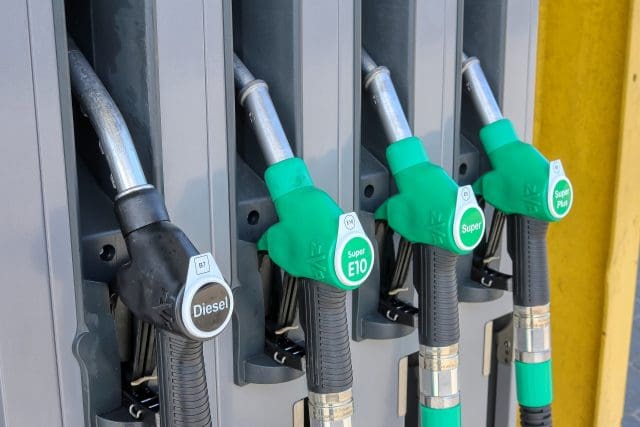Whenever there are conflicts involving oil-producing countries, the most obvious results are seen at the petrol pumps, immediately squeezing the finances of taxi drivers and others who drive for a living.
The main questions professional drivers ask are how much will the price of petrol and diesel go up, and how long will they stay like that?
Shortages
While rising fuel prices are often quick and noticeable, recent conflicts have demonstrated that huge swings in the price of oil also affect our overall cost of living, especially energy prices. This further affects taxi and PHV drivers who have made the switch to an EV.
The BBC reports that one of the biggest concerns for British budgets now is if a conflict causes the price of liquefied natural gas to rise, as any shortage resulting from trouble in the Middle East would push up prices around the world.
But before those increases are passed on, Craig Lowrey, principal consultant at Cornwall Insights, told the BBC the more immediate effect would be on prices at petrol pumps. He said: “There’s a lag of three or four weeks as the oil goes through the refining system.”
With current prices at $68.57 per barrel, Simon French, chief economist at Panmure Liberum, warned that if Brent does reach $100, “you’re staring down the barrel of 155p, 160p at the pump, which will be quite a shock”.
As well as paying more at the pumps, the BBC warns that “any sustained rise in oil prices will cause the prices of everyday goods to rise in economies around the world as the cost of manufacturing and transporting them increases, which in turn will push up inflation”.
Shockwaves
As more businesses put up their prices, taxi drivers and other professional drivers could find themselves paying more for maintenance and repairs, as well as taxi insurance and other running costs.
The Conversation news site points out that any disruption to oil production sends shockwaves around the world and opponents may target oil-producing countries, as well as those who depend on oil imports, severely affecting their economies.
The site goes deeper to explain how conflicts thousands of miles away can have such a big and immediate impact on daily life in Britain.
It said: “These price increases will have flow-on effects, raising transport and freight costs across the economy. Industries such as agriculture, logistics, aviation and construction will feel the pinch, and higher operating costs are likely to be passed on to consumers.
“The conflict could also disrupt global shipping routes. Any such disruption could drive up shipping insurance, delay delivery times, and compound existing global supply chain vulnerabilities. More broadly, this supply shock could rekindle inflationary pressures in many countries.”
As we have seen with previous conflicts, rising prices at the pumps is the most immediate sign of instability in the oil supply chain. The longer fuel prices remain high, the more costs businesses pass on to customers, putting further pressure on our cost of living.
While fuel prices remain high, tips such as reducing weight, keeping tyres inflated to the correct pressure and regular servicing will all help improve miles per gallon or charge. It is also worth considering changing for a more economical vehicle, which could save you money in the long run.




